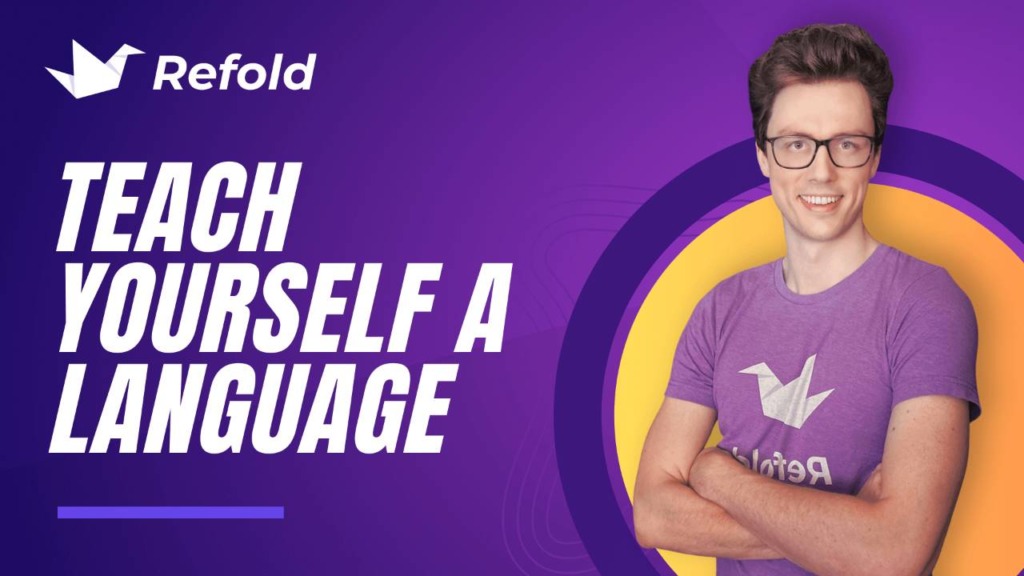Traditional learning in school is based on the idea that you should strive for perfection. You are graded out of 100% and any deviation from perfection is punished by a lower grade, a lecture from your teacher and parents, or detention. This teaching mentality trains us to avoid situations outside our comfort zone where we might feel incompetent.
The experience of not understanding a foreign language is jarring. When faced with this challenge of incomprehensible input, it is natural to feel stupid, get frustrated, and shut down. These negative emotions hurt your motivation, and they also make it difficult for your brain to absorb the language. This phenomenon is called the “Affective Filter Hypothesis”.1
Language education in school attempts to solve with this problem by sheltering you. They encourage students to learn through skill-building before moving on to “real” language so that they won’t feel the pain of not understanding.
Skill-building DOES NOT WORK for language acquisition.
Waiting until you’re confident doesn’t make any sense. To illustrate why, let’s look at the skill of swimming. You can’t learn how to swim by studying. No amount of theoretical knowledge will teach you how to swim. If you want to learn, you have to jump in the pool and figure it out.
Same with language. No amount of studying vocab and grammar will prepare you for the real language. People in the real world mumble, use slang, speak quickly, and slur their words. To understand them, you have to jump in and figure it out.
Between jumping in and figuring it out, you might feel like you’re drowning. The hardest part of learning a language is accepting your own incompetence and tolerating the ambiguity of a language you don’t understand.
How to Build Tolerance for Ambiguity
First off, stop calling yourself stupid. Stop saying “I’ll never get this”. Just because you don’t understand yet doesn’t mean you never will. The more you insult yourself, the worse you’ll feel, and the harder it will be to learn.
Reframe the problem: the issue is not that you “don’t understand”, it’s that you can’t accept not understanding. It’s OK to not understand. It’s a natural and necessary part of the process. Make peace with it.
Don’t look up every word. When you are uncomfortable with the ambiguity, you may be tempted to look up every unknown word in order to understand. Resist this temptation. Constant interruption breaks the flow of your immersion and hampers your brain’s process of absorbing the language.
Start slow. You aren’t used to not understanding. You may even get a headache. Give yourself time to build endurance. Pretty soon you’ll be able to watch an hour-long TV show without a problem.
Celebrate the wins. Maybe you hear a new sound or word. Maybe you understand a whole sentence. Celebrate these moments.
Most important of all: remember to enjoy yourself.


